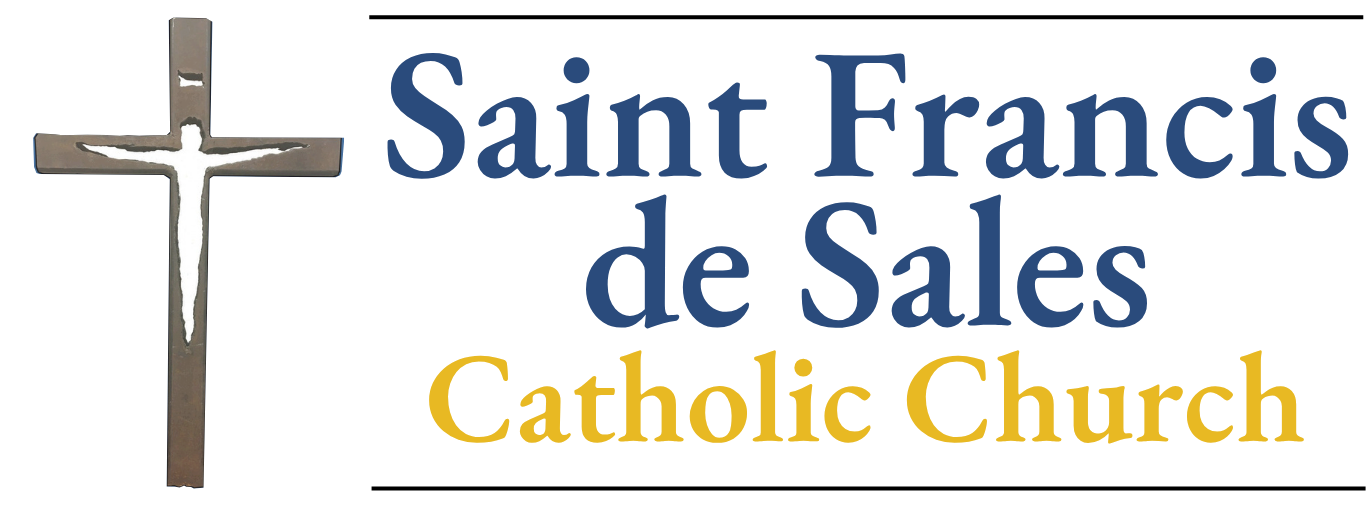Sacrament of Anointing
What is the Sacrament of Anointing?
Anointing of the Sick is the sacrament that provides spiritual and sometimes physical healing to those who are seriously ill or near death. It offers comfort and strength, reaffirming God's presence in times of suffering. "The Anointing of the Sick is intended for those who are seriously ill" (CCC 1514). This sacrament is rooted in the teachings of St. James, who instructs the faithful to call for the elders of the Church to pray over the sick and anoint them with oil (James 5:14-15), highlighting the Church's role in caring for the sick.
Anointing of the Sick
As Catholics, we believe that Jesus Christ rose body and soul from the tomb on Easter as the Glorious Victor over sin and death. Christ’s triumph is also a cherished promise for all of us. It is our assurance that the bodies of all who were united to Christ in this life through Sacramental regeneration will one day rise to take their place with Him when He comes to bring a new heaven and a new earth. The experience of death inevitably brings deep sadness, because it separates us from our loved ones, but when we walk with Christ, it is also full of hope. His Church understands death, and she knows the resurrection. As they have throughout the centuries, the Church’s rites accompany our loved ones into the next world and are a promise of hope for those of us who await our own encounter with the mystery of death.
Preparation for Death
We know that our earthly existence will come to an end. However, for most of our lives, we do not know the day or the hour when we will be called from this life. When the time of death seems to be drawing near, the Church has special rites to prepare us to come before the Lord. Whenever it appears that someone has a serious illness, it is appropriate to contact a priest to receive the anointing of the sick, by which the Church asks the Lord to grant healing of soul and body. This is often preceded by the sacrament of reconciliation, where Christ offers the forgiveness of sins. As an individual confronts illness, the Church assures them of Christ’s presence by providing opportunities to receive Holy Communion, so that their suffering might acquire meaning from the power of Christ’s cross. When the moment of death draws near, Holy Communion is given as viaticum, the “food for the journey,” so that Christ, present in the Blessed Sacrament, might bring spiritual strength for the passage into new life. Finally, at the hour of death, a priest or deacon may accompany the dying and their family with prayers asking God’s grace for a person about to set foot into eternity.
The Catholic Funeral
As human beings, we have an intense need to say goodbye to our loved ones and to commend them to God. The Church’s rites reflect that need, as her prayers accompany the deceased beyond this life. There are three parts to a Catholic funeral. First, there is a vigil service, which typically takes place the night before the funeral. Here, family and friends gather to “be with” and “watch over” the body of the deceased. In addition to the formal liturgical rites of the Church, the vigil may be an opportunity to pray the rosary or to speak lovingly in memory of the departed. It also allows well-wishers to offer their condolences to the family. The vigil may take place in a funeral parlor, at the family’s home, or in the church.
The focus of the Church’s prayers for the departed is the funeral mass. Here, the body of the deceased is brought to the church, where the celebration of the Eucharist reveals the presence of Christ’s own passion, death, and resurrection. Just as the deceased was welcomed into Christ’s family through baptism and nourished in the Church through the sacraments, so now their body is brought to the church a final time as the Church prays for the gift of eternal life. If special circumstances require it, a funeral can also be celebrated outside of mass.
We believe that the body itself is sacred, the physical substance of a person that will rise on the last day when Christ comes with new heavens and a new earth. For this reason, in the Rite of Committal, the Church commends the body of the deceased to the earth, to keep it until the day of the resurrection.
Remembering The Dead
After the burial, we do not forget our loved ones. Indeed, we need to remember and to pray for them. For this reason, it is customary to visit the graves of the deceased, frequently to remember them in prayer, and to request that masses be offered for the repose of their souls, especially on important anniversaries such as one month or one year from the date of their death or the anniversaries of their birth. In addition to special masses, the Church prays for all deceased Christians on All Souls’ Day.
"By the sacred anointing of the sick and the prayer of the priests, the whole Church commends those who are ill to the suffering and glorified Lord, that he may raise them up and save them. And indeed she exhorts them to contribute to the good of the People of God by freely uniting themselves to the Passion and death of Christ."
(Catechism of the Catholic Church 1499)


